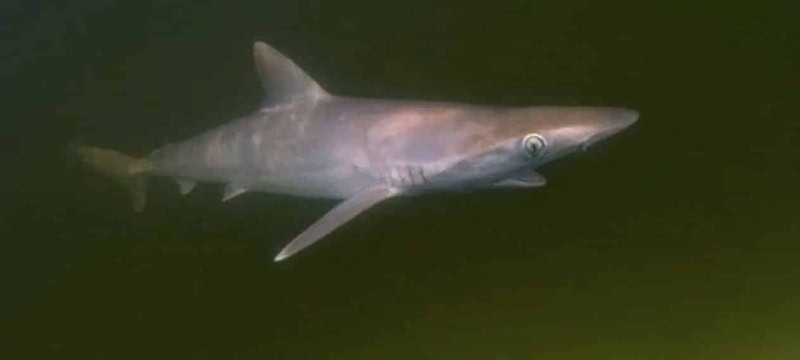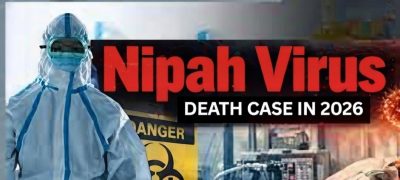Researchers have discovered Cocaine in sharks off the Brazilian coast, marking the first time this substance has been found in wild sharks. A recent study published in Science of the Total Environment and covered by Scientific American revealed that all 13 sharks tested showed traces of cocaine in both their liver and muscles.
Enrico Mendes Saggioro and Rachel Ann Hauser-Davis, co-authors of the study from Brazil’s Oswaldo Cruz Foundation, noted that the effects of cocaine on sharks remain unknown. Hauser-Davis emphasized that there has been no research on the behavioral or physiological impacts of cocaine on sharks, and cocaine is just one of many pollutants affecting these apex predators.
Read more: Boeing And NASA Identify Starliner Issues, Astronauts Await Next Steps
The study also found high levels of metals, ‘forever chemicals’ (PFASs), pesticides, and polycyclic aromatic hydrocarbons, including carcinogenic PBDEs and PCBs, in over 30 species of sharks and rays. Mendes Saggioro’s discovery of cocaine in Rio de Janeiro’s river water led to the idea of testing sharks, as untreated sewage containing drug traces often enters Brazil’s waterways, and drug dealers sometimes dispose of drugs in water to avoid detection.
The average cocaine concentration in the tissues of Brazilian sharpnose sharks (Rhizoprionodon lalandii) was 23 micrograms per kilogram, with lower levels in males compared to pregnant females. This raises concerns about potential effects on developing embryos.
Chris Lowe, a marine biologist, noted that while adult sharks might process these substances better, developing fetuses could be more vulnerable. Mendes Saggioro plans to extend the testing to migratory fish and rays.
The report underscores the importance of not disposing of waste, including illicit drugs, into the ocean and highlights concerns about overfishing and pollution impacting sharks.
David Shiffman, a marine conservation biologist, advised against dumping trash into the ocean and consuming sharks due to overfishing and pollution.









